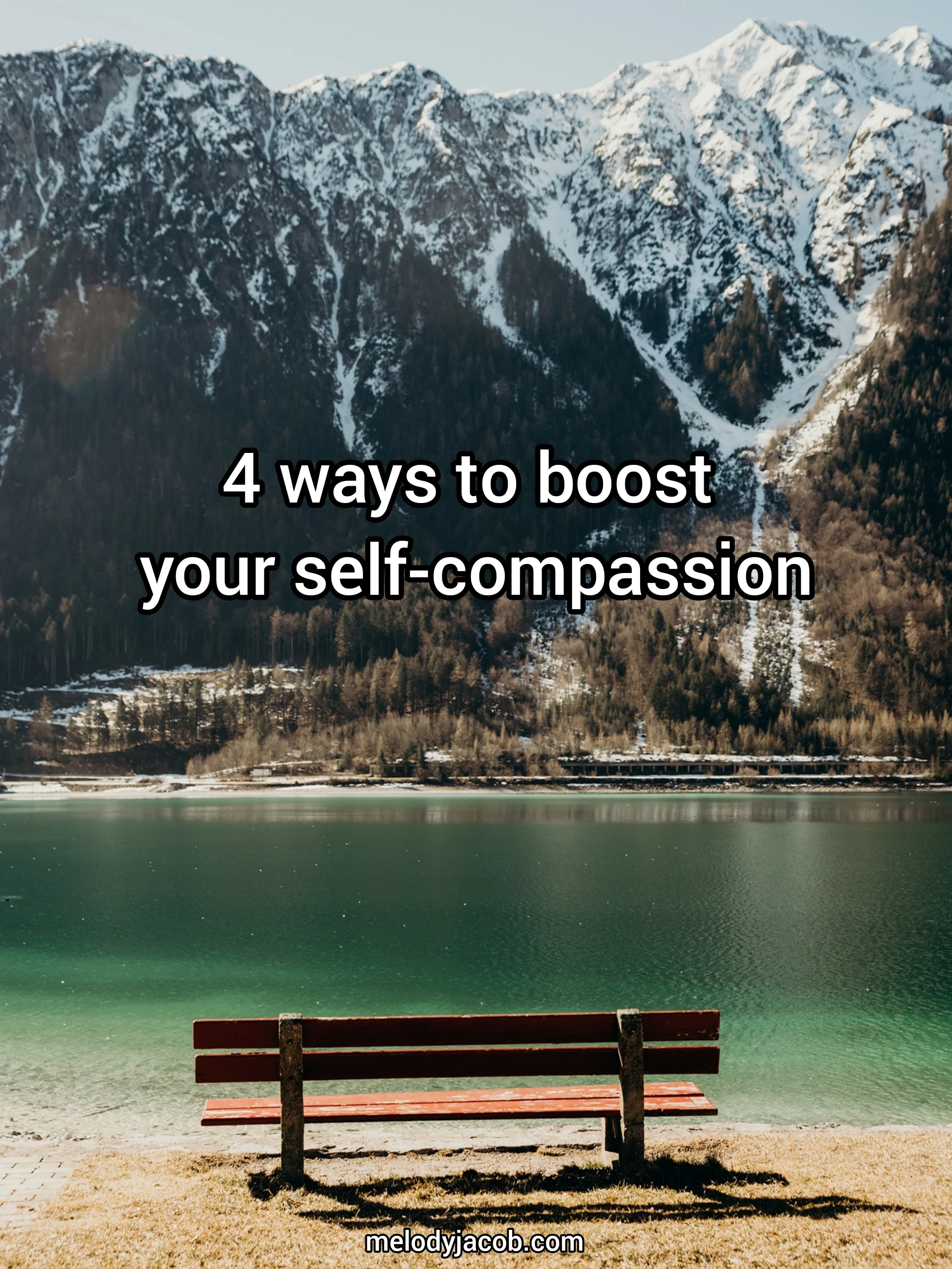According to a recent survey, one in every five people owns a smartwatch or fitness tracker. These wrist-worn monitors are a convenient way to track your daily steps, and they're likely more accurate than the tally on your smartphone, which you may not have with you at all times. Most wearable devices also provide a variety of other data, such as your heart rate, walking speed, and so on.
But does using one have an impact on how active people are? The answer is yes, according to the largest study on the subject to date (see "Fitness trackers and activity levels: What's the evidence?"). Regular physical activity is essential for a healthy heart, and the improvements seen in this study could potentially make a difference, according to Dr Megan Wasfy, a cardiologist at Harvard-affiliated Massachusetts General Hospital's Cardiovascular Performance Laboratory.
"The increase in moderate-to-vigorous physical activity was close to 50 minutes per week, which is one-third of the 150 minutes recommended by federal activity guidelines," Dr. Wasfy says. The extra 1,200 daily steps taken when people wore trackers were roughly the same as the number of steps linked to a longer life in several studies. 10,000 steps a day has been recommended as a daily goal for a long time, but research shows that 8,000 steps a day is almost as good for your health, especially in older people.
What is the evidence for fitness trackers and activity levels?
A group of Danish researchers looked at the evidence and analyzed it to find out how feedback from wearable fitness trackers affects how much people work out and do other things.
They found 121 different studies involving nearly 17,000 mostly healthy adults ages 18 to 65. The participants' median age was 47, and the majority were female. The study's intervention periods had a median duration of 12 weeks.
Researchers discovered that using physical activity monitors led to an extra 1,235 steps per day and 49 minutes of moderate-to-vigorous physical activity per week on average. They also stood for an additional 10 minutes per day, though this was insignificant. The study was published in The BMJ on January 26, 2022.

It is known as Ochiricha or Achicha in Igbo, Ndiyah in Ibibio, and Efik, and contains a variety of minerals and phytochemicals, including beta-carotene, vitamin C, riboflavin, niacin, thiamine, flavonoids, alkaloids, saponins, tannins, fiber, other nutrients, and phytochemical characteristics.
These fruits contain a high concentration of vitamins, carbohydrates, phosphorus, potassium, calcium, and magnesium. It includes vitamins, minerals, and other nutrients that are useful to human health in a variety of ways, including the following:
Because of the presence of niacin (vitamin B3) known as nicotinic acid, this fruit helps to lower the level of bad cholesterol, also known as low-density lipoprotein, and boosts high-density lipoprotein, which is the good cholesterol. Scientists put niacin and satin (cholesterol control) through the same tests to see how they affected cholesterol. The results of an experiment on the effect of niacin on body cholesterol have been studied by scientists. It shows that niacin decreased the amount of low-density lipoprotein (LDL) in the blood while increasing the amount of high-density lipoprotein (HDL) more than satin.
Self-forgiveness and self-care appear to be advantageous in their own right. Self-compassion can even pave the way for improved health, relationships, and well-being in general. Numerous benefits of self-compassion have been demonstrated by studies. Higher levels of self-compassion have been associated with lower levels of anxiety and depression. Self-compassionate individuals acknowledge their own pain and are gentle with themselves at these moments, thereby reducing their own anxiety and despair.
Understand self-compassion and learn to have it.
Self-compassion comes easily to some, but not to everyone. Fortunately, it is an acquired skill. People are learning how to find and grow their own self-compassion through a variety of training programs and ideas that have been suggested.
Here are four fast techniques to improve your self-compassion skills:
Relax your body.
People have long been trying to figure out how they can have manicured nails that last without chips and breaks until they’re ready to switch the design. You probably got your start in nail decoration with plain nail polish. It likely took you a few tries to get the hang of painting a nice smooth coat on each nail while avoiding the skin around it and to get your non-dominant hand to learn the action of painting your nails. Once you more or less mastered the process of painting your nails, you would have noticed that your painstakingly-applied polish didn’t last very long before chipping. All that hard work for a manicure that maybe lasts a day or two in peak
You're excited to start looking at engagement rings, and you're wondering if a blue sapphire might be the way to go. With its rich colour and long history, the blue sapphire offers you a different option from the traditional diamond: It's less expensive, rarer, and can come with its share of myths. So what's the verdict? Below are seven reasons a blue sapphire engagement ring might be right for you.
https://cdn.pixabay.com/photo/2017/07/24/18/47/color-2535676__480.jpg
They are the most valuable gemstones after diamonds.
Blue Sapphires are the most valuable gemstones after diamonds. The value of a sapphire engagement ring relies on the colour, clarity, and cut of the stone as well as its carat size. Sapphires come in many different colours, including; yellow, orange, green, and violet, but blue is by far the most popular colour due to its rarity in nature compared to other coloured sapphires.
Pink sapphires are typically the least expensive type of sapphire because they’re rarer than any other colour. Sapphires are also more valuable than rubies (and emeralds), making them an excellent choice for your engagement ring. If you are looking for a unique sapphire engagement ring, you can find it here.
They have a rich history and are associated with royalty.
Sapphire is the birthstone for September, the gemstone for the 9th wedding anniversary, and the gemstone for the 23rd wedding anniversary. It's also associated with royalty.
The first known use of sapphire as a gemstone was in ancient Egypt. Around 2600 BC, Egyptians used sapphires to decorate amulets worn by pharaohs and priests; this was believed to bring them great power in life after death. Many ancient cultures believed that wearing one would bring you good luck throughout your life!
Sapphire has been used for centuries by kings and queens all over Europe—and it appeared in many paintings depicting scenes from Shakespeare's plays during his period because it was thought to symbolize truthfulness and sincerity!
They make a bold fashion statement.
But blue sapphire engagement rings aren’t just a great choice because they’re beautiful, durable, and timeless. They also make a bold fashion statement. Blue sapphire engagement rings are a great option for someone who wants to stand out from the crowd and make an impression with their ring. For example, if you want your friends or family members to know that you’re engaged without them having to ask, then this is the way to go!
In addition, these rings have been popular among celebrities lately because they have become known as “the rock of the season.”
When you travel, one of the best parts is getting to experience life as a local, whether it's eating at a family-run restaurant or making new friends while buying at a market off the beaten path. Book one of these six European homes-away-from-home for a long stay, and you'll get a flavour of local life while also enjoying some extra luxuries.
Madrid, Spain

Amor de Dios 17 Boutique Hotel, Madrid, Spain
For a sunny, cultural and delicious food-filled long stay in Europe, look no further than Madrid. More specifically – Amor de Dios 17 Boutique Hotel, is set within a Madrid townhouse in a quiet street in the centre of the city. It’s located between must-visits Plaza Mayor (Madrid’s expansive and atmospheric main square) and The Prado Museum (housing Spain’s largest national collection of art, and one of the largest collections in the world). First, go sightseeing and then settle in with late-night dinners at bars and beer gardens such as Cervecera Restaurante Plaza Mayor, which has outdoor seating right on the plaza and is a great place to people-watch. The Santa Eulalia Boulangerie Patisserie, a 15-minute walk from the hotel, is a nice place to grab a cup of coffee and some freshly baked bread and pastries for breakfast.
Munich, Germany

Schwan Locke, Munich, Germany
Munich has many strings to its bow; surrounded by easily accessible, resplendent nature, and known for its great beer, bakeries and pleasant pace of life, the Bavarian capital is a great place to try to settle into the local scene. To treat yourself to a little luxury while doing so, spend your long stay at Schwan Locke, where studio apartments boast modern, playful interiors in a soothing pastel and earthy colour palette.
How to Overcome Dentist Fear
 |
| Photo by Anna Shvets |
You might be putting off dental care if you have dental anxiety or fear. You may be so afraid of the dentist that you avoid going even though you're in agony and have cracked, discoloured, or missing teeth, as well as a possible infection.
While you may be ready to put up with some discomfort because it is small in comparison to other health issues, keep in mind that your oral health might have an impact on your entire health. Oral diseases, such as gingivitis and periodontal disease, spread bacteria throughout your body. Oral infections have been linked to cardiovascular disease, respiratory infections, and poor management of other systemic disorders, including diabetes.
Fortunately, there are certain things we can do to make you feel less anxious, so you don't have to jeopardize your dental health.
Dental Phobia: How to Overcome It
If you want to avoid going to the dentist, consider the following suggestions:
Make your dentist aware of your fears. We value your sentiments and will work with you to conquer your fears, but we can't help until we know about them. As soon as you make an appointment, notify your dentist's office.





